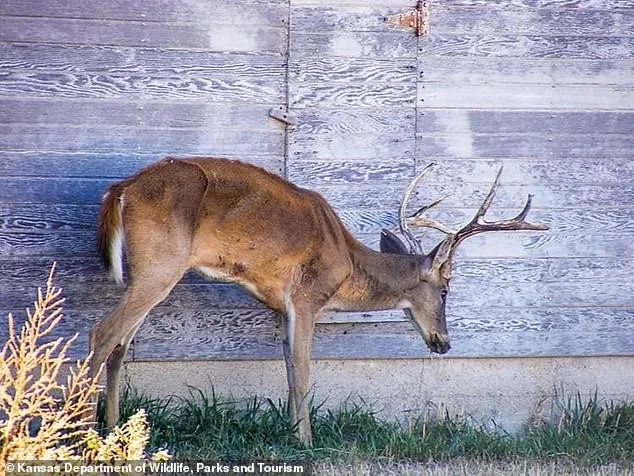Chronic Wasting Disease (CWD), often referred to as “Zombie Deer Disease,” is a prion disease that affects deer, elk, and moose, causing them to exhibit erratic behavior, weight loss, and incoordination—hence the nickname “zombie deer.” This neurological condition is highly contagious among wildlife, leading to concerns about its rapid spread across regions.
Recent studies have shown that CWD is primarily transmitted through bodily fluids like saliva, urine, and feces. As it spreads, the disease could have devastating effects on deer populations, leading to a decline in biodiversity. Wildlife experts warn that the disease poses a significant risk to ecosystems, as deer are integral to many habitats.
While CWD has not been shown to affect humans directly, researchers are closely monitoring the situation for any potential cross-species transmission. The long incubation period and the potential for the disease to spread through the environment raise further alarms about its impact on wildlife conservation efforts.
As scientists continue to study CWD, wildlife agencies are urging hunters and the public to report any sightings of deer exhibiting symptoms like abnormal behavior, excessive salivation, and poor body condition. Early detection is crucial in preventing the spread of this fatal disease.
CWD #ZombieDeer #ChronicWastingDisease #wildlifehealth #deerpopulation #priondisease #diseaseprevention #wildlifeconservation #huntingseason #wildlifeecology




+ There are no comments
Add yours